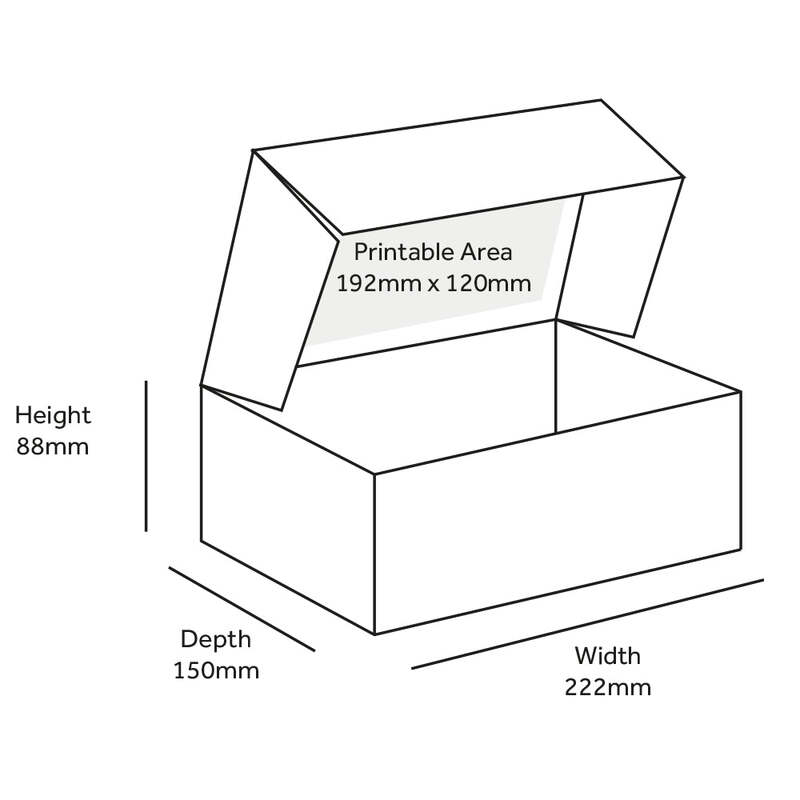The Rise of Biodegradable Food Packaging A Sustainable Solution
In recent years, the alarming increase in plastic waste has raised significant concerns about its impact on the environment. Traditional food packaging, predominantly made from non-biodegradable plastics, contributes to landfill overflow and marine pollution, prompting a search for sustainable alternatives. Biodegradable food packaging has emerged as a promising solution, offering an eco-friendly approach to food preservation and distribution.
Biodegradable packaging is designed to break down more easily and quickly than conventional plastics. Made from renewable resources such as cornstarch, sugarcane, and other plant-based materials, it offers the advantage of returning to the earth without leaving harmful residues. This innovative material can decompose under specific environmental conditions, significantly reducing the duration of waste accumulation compared to traditional plastics, which can persist for hundreds of years.
One of the primary benefits of biodegradable food packaging is its ability to reduce the carbon footprint associated with food waste. When organic matter decomposes naturally, it emits fewer greenhouse gases compared to synthetic plastics. By choosing biodegradable options, food producers and consumers can contribute to a more sustainable cycle, minimizing environmental impact and promoting healthier ecosystems.
biodegradable food packaging

Moreover, the growing awareness and demand for eco-friendly packaging have led to significant advancements in biodegradable technologies. Manufacturers are now exploring various types of biodegradable materials, including bioplastics, paper, and compostable films. These innovations not only enhance the functionality of packaging—providing moisture barriers and shelf-life extension—but also address the aesthetic concerns of consumers looking for attractive, sustainable options.
In addition to environmental benefits, biodegradable packaging can also promote brand loyalty. As consumers become increasingly conscious of their purchasing decisions, those companies utilizing sustainable packaging practices can position themselves as responsible and eco-conscious brands. This shift not only meets consumer demand but also fosters a positive image, ultimately benefiting businesses in a competitive market.
In conclusion, the development of biodegradable food packaging presents an encouraging path towards a more sustainable future. By choosing biodegradable materials, we can significantly mitigate the environmental impacts of food packaging while promoting a circular economy. As technology advances and consumer preferences shift, biodegradable packaging stands to play a crucial role in reducing plastic waste and protecting our planet for generations to come. Embracing these sustainable practices is not just a trend; it is a necessary commitment to safeguarding our environment.



